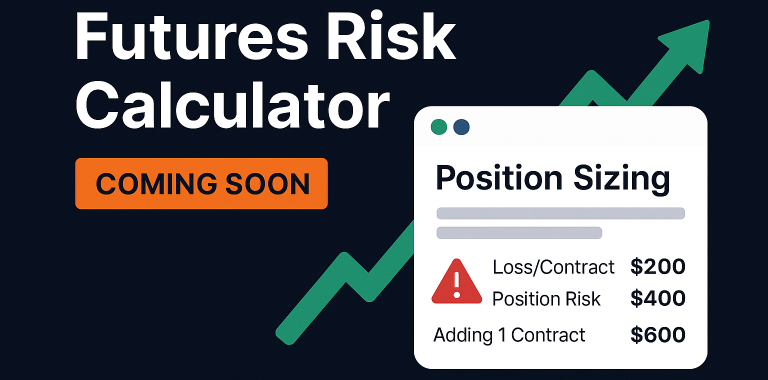Choosing the Right Crypto Exchange
Crypto exchanges are where you buy, sell, and trade cryptocurrencies. Unlike traditional brokers, you’re often storing significant value on these platforms, making security and reliability more critical than rock-bottom fees. The wrong choice can cost you everything.
What Makes a Good Crypto Exchange?
The best crypto exchanges balance security, liquidity, reasonable fees, and user experience. They should have survived multiple market crashes, maintained customer funds during hacks, and operated transparently through regulatory challenges.
Key Features to Look For
- Strong security record – Multi-signature wallets and insurance
- High liquidity – Tight spreads and fast order execution
- Regulatory compliance – Licensed and transparent operations
- Fiat on/off ramps – Easy deposits and withdrawals in your currency
- Wide coin selection – Access to major and emerging cryptocurrencies
Popular Crypto Exchanges
- Coinbase – Beginner-friendly with strong regulatory compliance
- Binance – Largest exchange with extensive coin selection
- Kraken – Security-focused with good reputation
- Gemini – Regulated US exchange with insurance coverage
- Bitstamp – Established European exchange with solid track record
Types of Crypto Exchanges
Centralized Exchanges (CEX):
- Traditional order book trading
- Custodial (they hold your coins)
- Higher liquidity and easier fiat access
- Examples: Coinbase, Binance, Kraken
Decentralized Exchanges (DEX):
- Trade directly from your wallet
- Non-custodial (you control your coins)
- Limited fiat access, crypto-to-crypto only
- Examples: Uniswap, PancakeSwap, dYdX
Security Considerations
Exchange Security:
- Cold storage for customer funds
- Insurance coverage for deposits
- Two-factor authentication required
- Regular security audits
Your Security:
- Use unique, strong passwords
- Enable all available 2FA options
- Never share login credentials
- Consider hardware wallets for large amounts
Fee Structures
Trading Fees:
- Maker fees – Adding liquidity to order book (0.1-0.25%)
- Taker fees – Removing liquidity from order book (0.1-0.5%)
- Volume discounts – Lower fees for high-volume traders
Other Costs:
- Deposit fees – Usually free for crypto, varies for fiat
- Withdrawal fees – Network fees plus exchange markup
- Conversion fees – When exchanging between cryptocurrencies
- Staking fees – Commission on earning rewards
Liquidity and Trading Pairs
High Liquidity Benefits:
- Tighter bid-ask spreads
- Faster order execution
- Less price slippage on large orders
- More stable pricing
Trading Pair Availability:
- Major pairs (BTC/USD, ETH/USD)
- Altcoin pairs (various crypto combinations)
- Stablecoin pairs (USDT, USDC, DAI)
- Fiat pairs (GBP, EUR, USD direct trading)
Regulatory Status
Regulated Exchanges:
- Licensed in major jurisdictions
- Comply with KYC/AML requirements
- Segregated customer funds
- Regular compliance audits
Key Regulatory Bodies:
- FCA (UK) – Financial Conduct Authority
- SEC/CFTC (US) – Securities and Exchange Commission
- BaFin (Germany) – German financial regulator
- JFSA (Japan) – Japan Financial Services Agency
For Different Types of Users
Crypto Beginners Need:
- Simple, intuitive interfaces
- Educational resources
- Customer support in their language
- Easy fiat on-ramps
Active Traders Want:
- Advanced charting tools
- API access for automated trading
- Margin/futures trading options
- Low fees and high liquidity
Long-term Holders Prefer:
- Strong security track record
- Staking opportunities
- Multiple withdrawal options
- Cold storage services
Red Flags to Avoid
- No regulatory licenses – Operating in legal grey areas
- History of major hacks – Especially if funds weren’t recovered
- Withdrawal restrictions – Difficulty getting your money out
- Anonymous teams – No known leadership or company structure
- Unrealistic promotions – “Guaranteed returns” or excessive bonuses
Custody Considerations
“Not Your Keys, Not Your Coins”
- Exchanges can freeze accounts or be hacked
- Consider withdrawing large amounts to personal wallets
- Hardware wallets for long-term storage
- Only keep trading amounts on exchanges
Making Your Choice
Start with regulated, well-established exchanges even if fees are slightly higher. Security and reliability matter more than saving a few basis points. Most successful crypto traders use multiple exchanges to access different features and reduce counterparty risk.
Next Steps Ready to compare specific exchanges? Check our detailed reviews covering security records, fee structures, available cryptocurrencies, and user experiences to find the safest platform for your needs.

